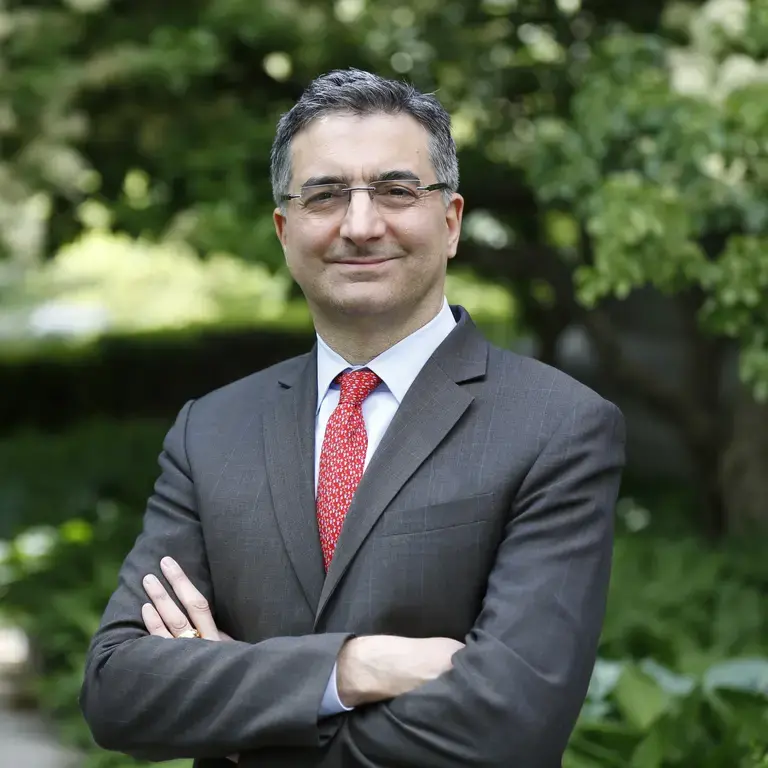Facing a deficit of COVID-19 tests, ventilators, and personal protective equipment, doctors will likely have to prioritize which patients receive care, says Bioethics Academic Director Dr. Robert Klitzman.
“I have never seen doctors as anxious and stressed as now,” says Dr. Robert Klitzman in a new op-ed for The Hill.
Like other doctors, the Bioethics M.S. director predicts that professionals on the front lines of the crisis will soon have to set and implement guidelines for prioritizing access to testing, critical medical equipment, and lifesaving procedures. The most recent CDC data reports more than 140,000 diagnoses across the United States along with more than 2,400 deaths.
Ethics, law, and ongoing research on the virus will converge to pose complicated questions with consequential answers. Advance preparation, transparency, consistency, accountability, and actively avoiding conflicts of interest will be critical guiding principles in the process, he advises.
“[P]hysicians need to consider patients’ rights, short- and long-term risks, benefits to individual patients and to society as a whole, and social justice,” he wrote, adding that “[D]octors ultimately may need to assign patients to categories with different priority levels, based on an assessment of each patient’s risk of death if he or she does or doesn’t get a ventilator… Legal questions arise as well, and may vary between states. Physicians would need legal protection against lawsuits.”
Legal questions arise as well, and may vary between states. Physicians would need legal protection against lawsuits... No one wants or likes to make these life-or-death decisions."
Dr. Robert Klitzman, The Hill -
Ideally, doctors won’t have to make these decisions if they can obtain an adequate supply of ventilators and other materials, he wrote. In the meantime, Dr. Klitzman urges more public awareness of the needs of the medical community and sustained public pressure to compel public servants “to continue to act as swiftly as possible to have more of these machines and other key supplies produced.”
Read the full article in The Hill and learn more about the M.S. in Bioethics at Columbia University's School of Professional Studies.



